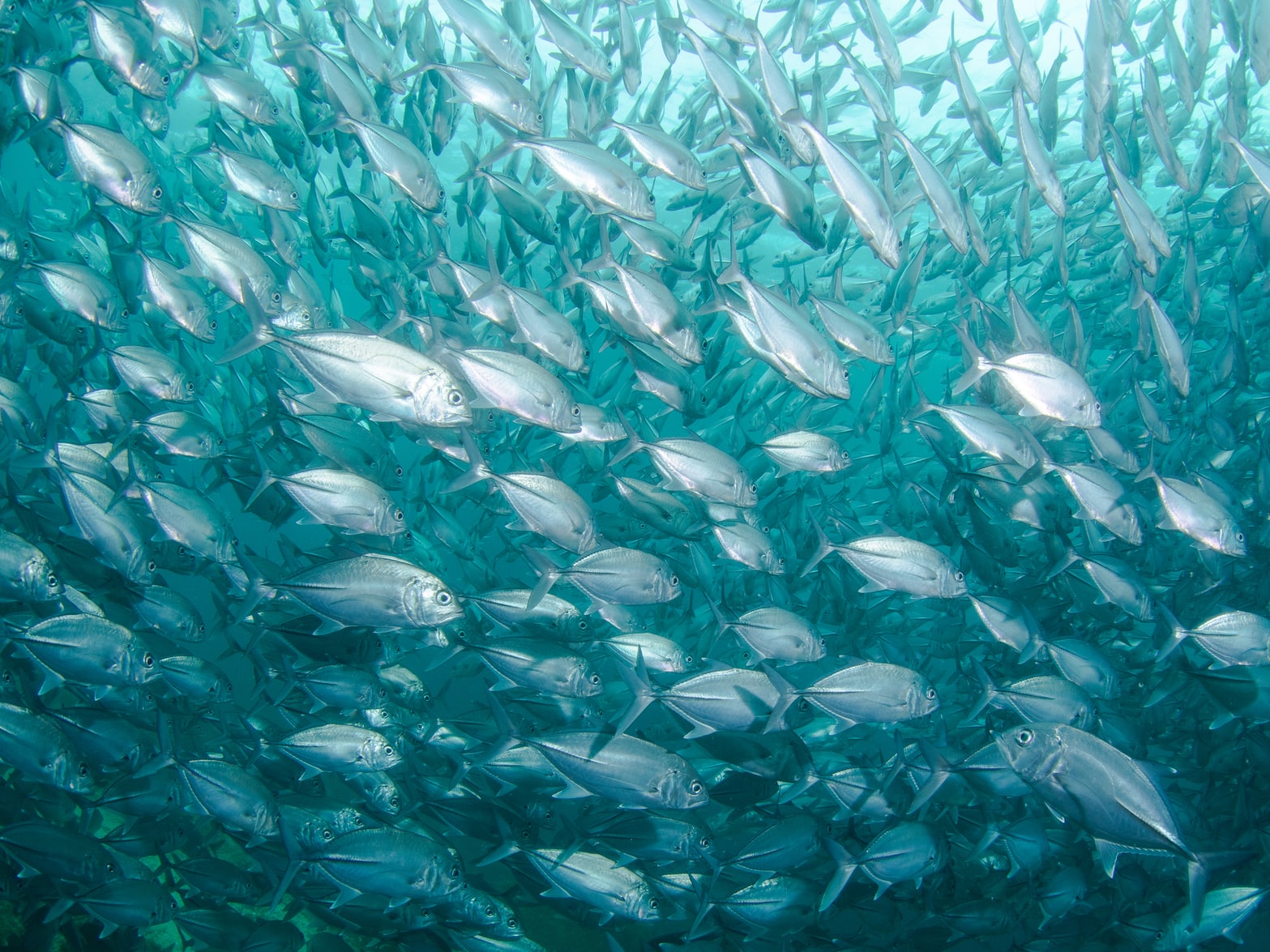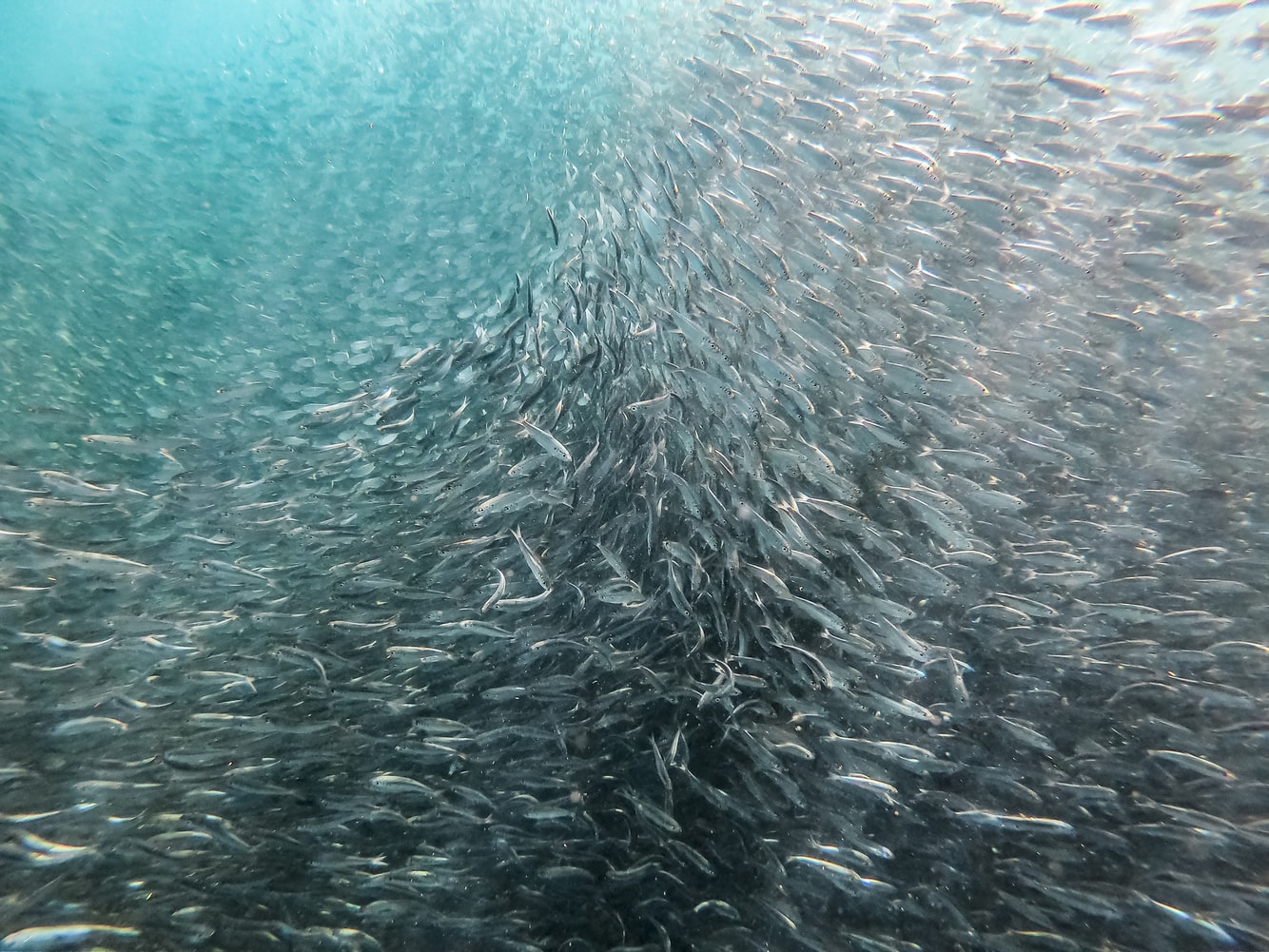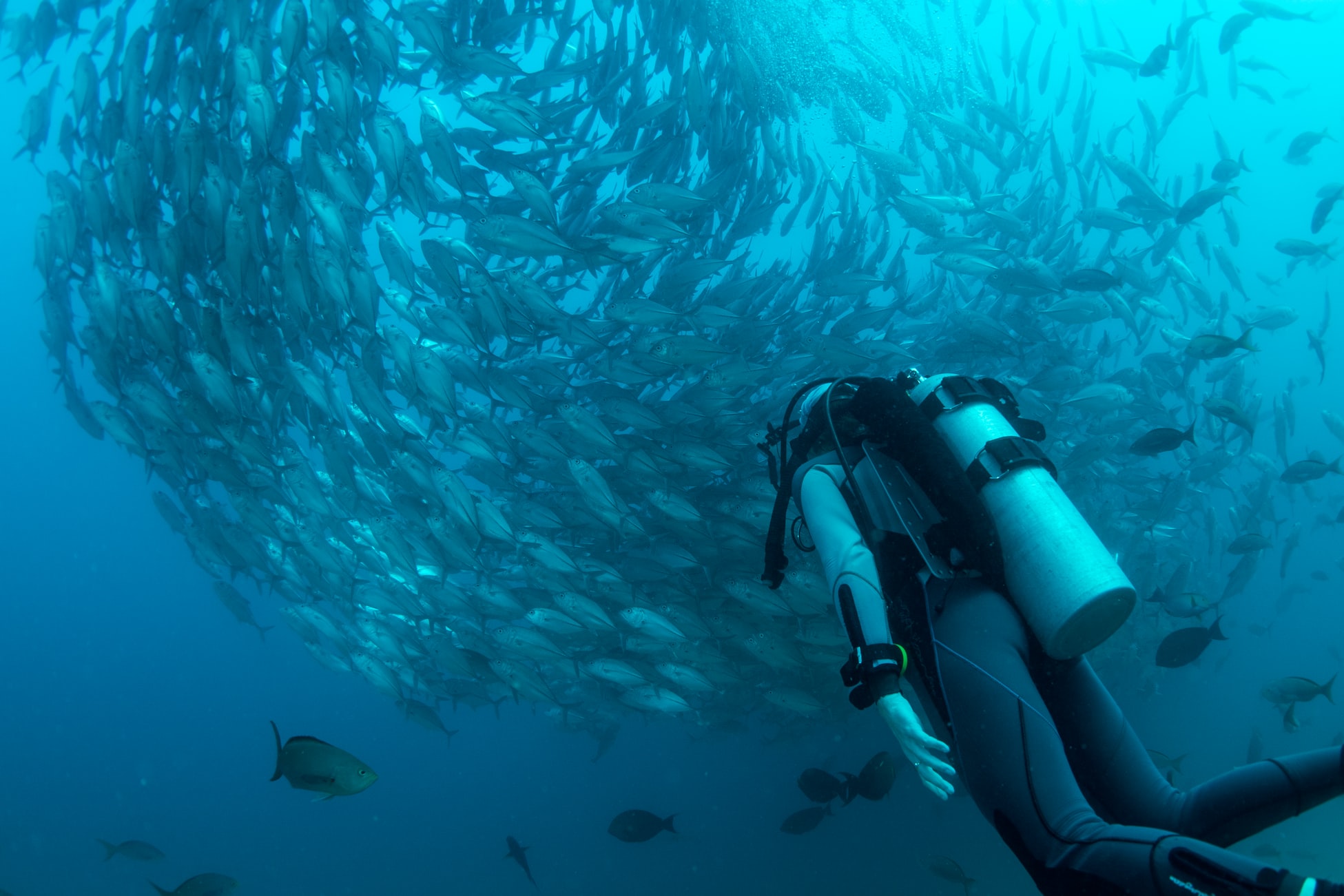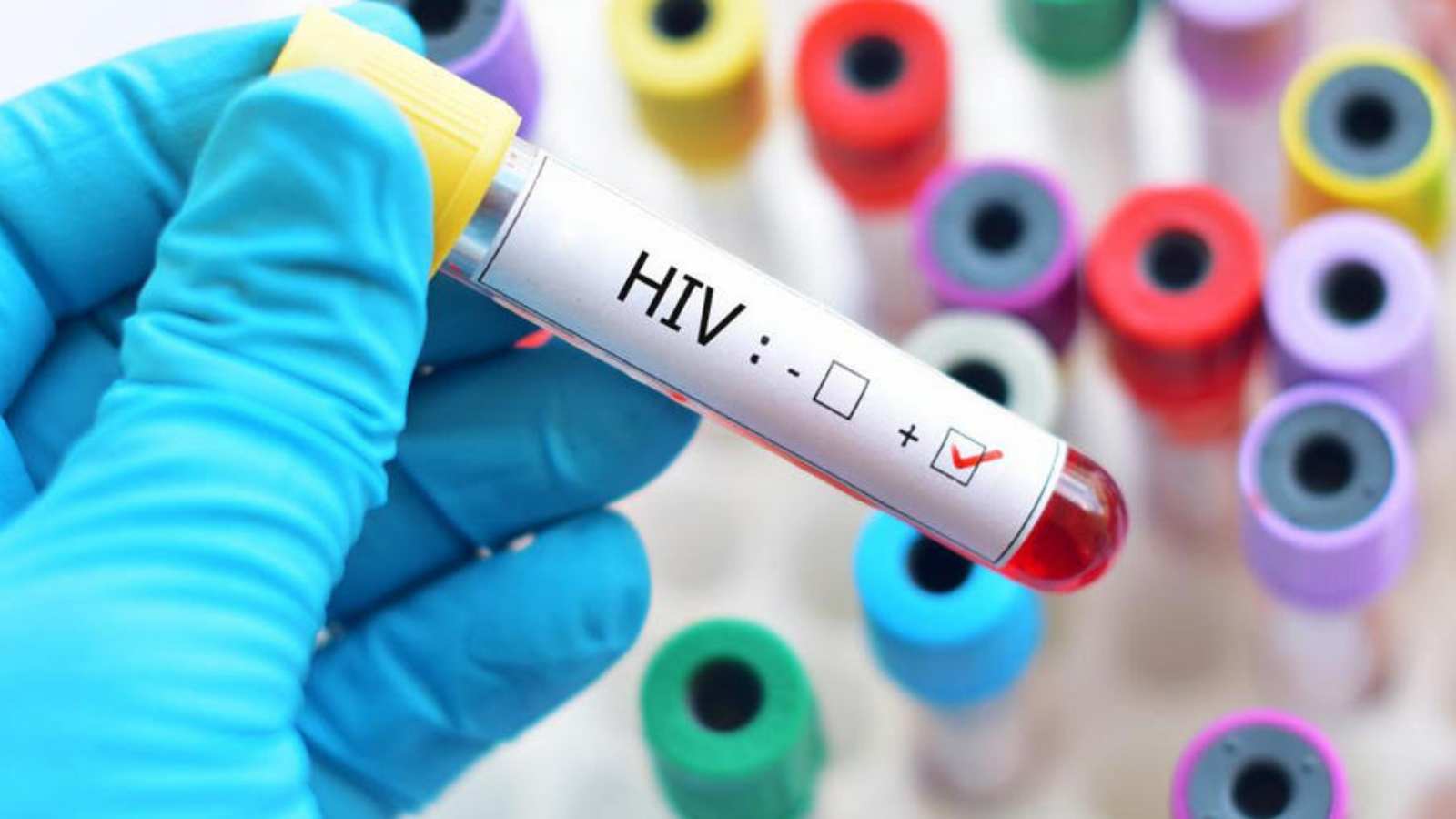We've been reading so many good news about critically-endangered species making its comeback after human intervention.
Half the World's Fish Stocks Are Recovered in the Oceans That Used to Be Overfished, According to Scientists
We've been reading so many good news of GNN reports about critically-endangered species making its comeback after human intervention: diminishing numbers of humpback whales, green sea turtles, and bald eagles fully reversed by conservation heroes.
Another remarkable recovery of environmental degradation is fish stocks.
To date, an international team of researchers gathered that fish stocks are mostly progressing in these world waters. This is according to the most comprehensive review of fisheries' management and fishing management on a per-region basis.

According to their article Proceedings of the National Academy of Sciences, the research team collected data from 50% of the world's fish stocks.
According to their article Proceedings of the National Academy of Sciences, the research team collected data from 50% of the world's fish stocks. They included the harvest rate, recovery rate, fishing pressure, and population estimates, as well as 50% of the world's fisheries—including management approaches, fluctuations, and foresight in the highest sustainable yield.
The summing-up presented in their paper is impressive—the good news that may be surprising to most. Where commercial fishing is managed, stocks are growing.

Fishing pressure was lower than the unsustainable maximum yield marker—averaged across all evaluated fish stocks worldwide.
Previously, the dataset gathered only involved North America, South Africa, New Zealand, Australia, and Europe. Now, the Black Sea, the Mediterranean, Northwest Africa, South America, Russia, and Japan were included.
The rend began to halt in 1996, where fish stocks declined on average. In 2005 it started turning around, and in 2016, the biomass of animals was higher than the maximum sustainable yield marker. Fishing pressure was lower than the unsustainable maximum yield marker—averaged across all evaluated fish stocks worldwide.

The team's study modeling also gives a precise solution - keep the fishing pressure below the unsustainable maximum yield marker, and fish stocks will regain.
The team's study modeling also gives a precise solution - keep the fishing pressure below the unsustainable maximum yield marker, and fish stocks will regain. Their paper features that 19% of fish stocks that are still depleted are poised to improve based on fishery management along with this primary principle.
"Scientifically managed and assessed fish stocks in many places are growing, or are already at or above the levels that will produce a sustainable long-term catch" concludes the paper.





